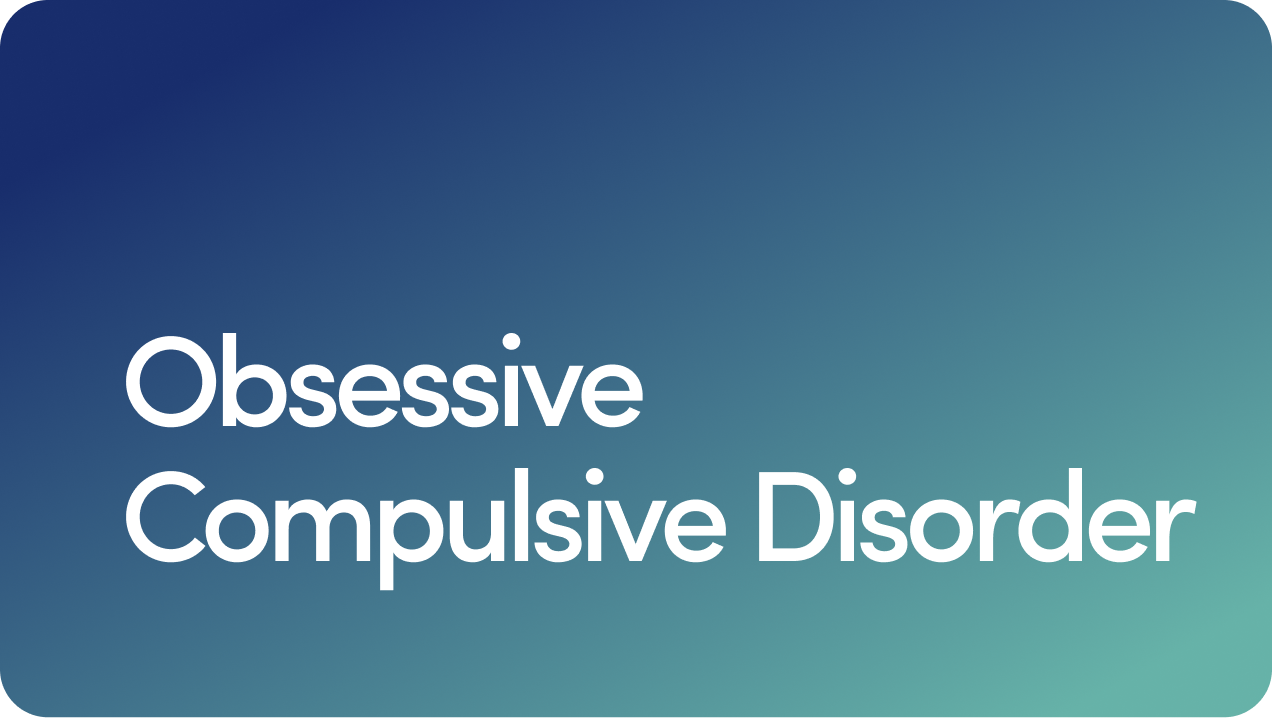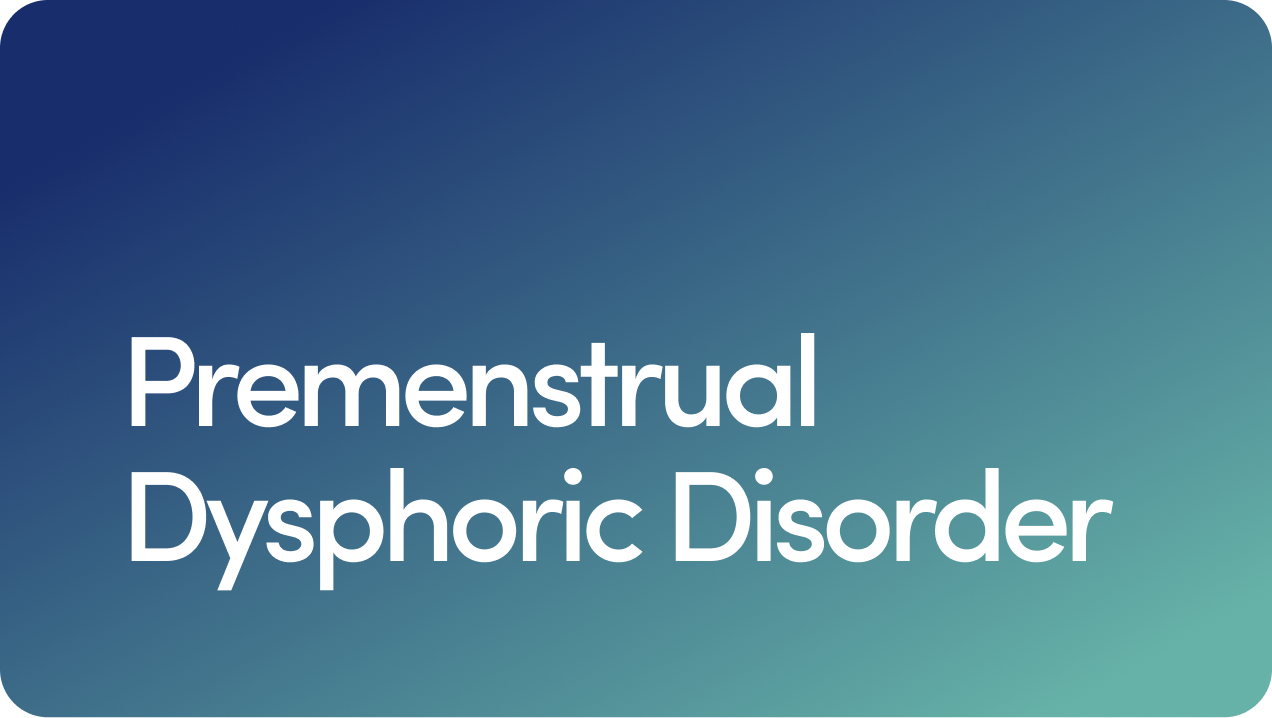Content
Free Mental Health Assessment
Can Depression Cause Type 2 Diabetes? New Research Says Yes

Written by Daniel Z. Lieberman, MD
Updated 09/28/2023
For a long time, doctors have suspected that depression might play a unique role in determining risk for other diseases. Turns out, doctors are right about that—at least when it comes to type 2 diabetes.
Unlike type 1 diabetes, in which the body completely stops making insulin, type 2 diabetes is caused by insulin resistance, or the body’s cells no longer responding to insulin the way they should. Diabetes, if left untreated, can cause damage to the nerves, blood vessels, tissues, and organs.
Previous research suggested that people with type 2 diabetes were more likely to experience depression than those without it, but a new study from the University of Surrey in the United Kingdom presents a sharper conclusion: Depression can directly cause an increased risk of developing type 2 diabetes.
So, why is that? What is it about depression that can directly impact insulin resistance? And how does that affect the ways we treat both diseases?
Below, Dr. Daniel Z. Lieberman, a Clinical Professor of Psychiatry and Behavioral Sciences at George Washington University and SVP of mental health at Hims and Hers, will help us unpack the study and explain the relationship between depression and type 2 diabetes.
We’ll hear from Dr. Lieberman on what exactly the new research tells us, how the researchers arrived at their conclusions, and what to keep in mind if you’re concerned about depression affecting your physical health.
Content
Dr. Lieberman: We've long suspected that there’s a relationship between depression and type 2 diabetes just because we see more diabetes in depressed people, and more depression in patients living with diabetes.
One can imagine different ways in which these are linked: I think the most obvious way is that when people are depressed, they may seek out comfort foods, foods that are calorically dense, foods that are “hyper-palatable.” And, of course, that's going to increase your risk for type two diabetes.
What was interesting about this study is that they found that being overweight as a result of depression only accounts for about one-third of the relationship to diabetes. And it seemed that what they found was that genetics played a very important role.
Q: How does studying genes change our understanding of the relationship between these diseases?
Most statistics will find associations between two things. But they don't tell us a whole lot about causality. Statistics may say, “People who smoke a lot of cigarettes are more likely to get cancer.” There's a relationship and there's a causality.
On the other hand, statistics will tell us, “Places that sell lots of ice cream are likely to experience shark attacks.” Well, that doesn't mean that ice cream causes shark attacks, right? It just so happens that these things happen at the beach. So we don't know about causality with most statistics.
The claim here is that by using a special genetic statistical tool called Mendelian randomization, they were actually able to establish a cause-and-effect relationship in which depression actually causes diabetes. Tell us more about this causality.
So there seem to be two connections. One is that depression changes behavior, and that can lead to a less healthy lifestyle, poor eating, less exercise, being more sedentary, possibly even more alcohol, which also can increase the risk for diabetes.
The second way, though, is that there is a genetic connection. Genes that increase the risk for depression also seem to increase the risk for diabetes.
The genes involved seem to have something to do with inflammation. Inflammation is when the immune system is overactive. And instead of just harming invaders or “bad guys,” the immune system harms the body.
Typically, when we talk about depression, what we're going to be talking about is neurotransmitters—serotonin, dopamine, all of those kinds of things. And yes, they play an important role.
But we’re also starting to look at other factors, including inflammation. So, if you have genes that increase your risk for inflammation, that could lead to problems with brain functioning and it could also lead to problems with the pancreas, where insulin is produced.
When people are depressed, they crave comfort foods, which are often unhealthy. They tend to be more sedentary. They have less social contact, which can also lead to less activity.
And they're more likely to drink alcohol and use drugs. And also, they're more likely to be at risk for things like sexually transmitted illnesses.
People who are depressed often seek out things to alleviate their emotional pain. And that could lead to unwise sexual decisions.
I think it's going to reduce the risk associated with certain behaviors — things like overeating, drug use, or impulsive behaviors.
But whether it's going to help with things like inflammation identified in this study, I don't think we know yet. Because usually, the way science works is first we identify a problem, and then we start looking for the solution.
What are some examples of things we think of as mental health resources or treatments for depression that we already know have clear benefits for other parts of our health? More and more, we're realizing that exercise is a very powerful treatment for depression.
Somebody once said that if exercise were a drug, it would be a billion-dollar seller because exercise basically helps every single cell in your body, every organ, every system.
So that's a wonderful treatment for depression. That's going to help with diabetes and any other chronic illness somebody might be experiencing.
Too often, people view depression as a character weakness, something that's associated with laziness or self-indulgence. And I think what this study shows us very clearly is: no,this is a biochemical problem. It's a medical illness that's associated with other medical illnesses like diabetes.
And just like we treat diabetes with medical care, the same needs to be true with depression. We shouldn't ignore it. We shouldn't pretend that it's our fault. We should accept that it's a medical illness and seek out medical care.
This article is for informational purposes only and does not constitute medical advice. The information contained herein is not a substitute for and should never be relied upon for professional medical advice. Always talk to your doctor about the risks and benefits of any treatment. Learn more about our editorial standards here.
Related Articles
Related Conditions
 Anxiety
Anxiety
 Depression
Depression
 OCD
OCD
 PTSD
PTSD
 Bipolar Disorder
Bipolar Disorder
 Premenstrual Dysphoric Disorder
Premenstrual Dysphoric Disorder